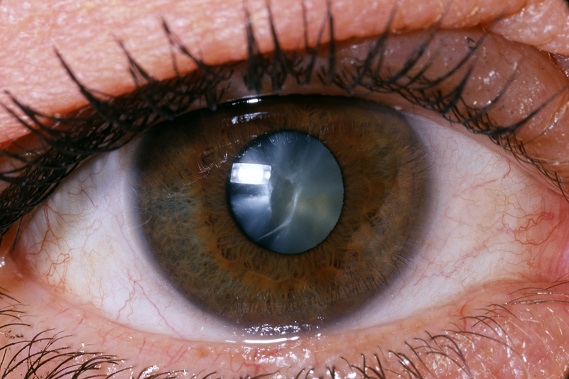If you’re worried that you are starting to develop cataracts then you should know that you are certainly not alone. So many people are in the same situation that you are in right now, but with the right procedure, you can restore your vision completely.
- Shores Road, Woking, Surrey GU21 4BY
Privacy Policy | Terms of Use | Cookie Policy | Disclaimer | Contact
Copyright © 2024 Vinod Gangwani – All Rights Reserved. Built by AmeenDigital



